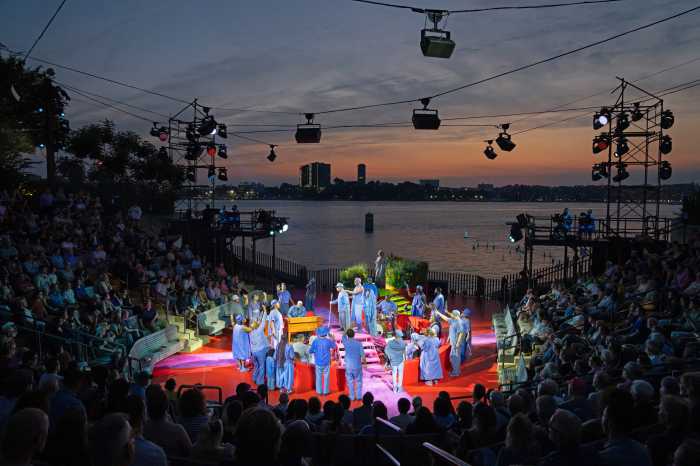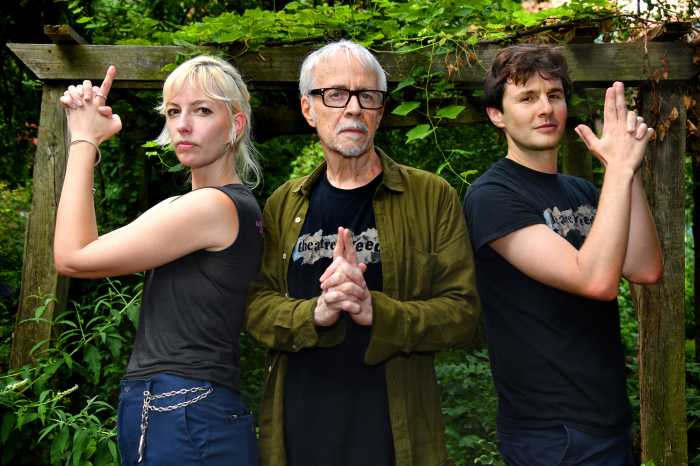“The Eagle Huntress” exemplifies the best and most noble function of documentary cinema: taking a world that’s far removed from our own and presenting it in a relatable fashion while retaining some of its mysteries.
The picture chronicles the efforts of a 13-year-old Mongolian girl named Aisholpan to uphold family tradition by becoming an eagle hunter, and her training to serve as the first female competitor in the history of her country’s Golden Eagle Festival.
It’s a rich cinematic subject, lending itself to sweeping shots of eagles soaring over the vast and foreboding steppes intermingled with scenes depicting the close bond of Aisholpan and her devoted family.
By framing Aisholpan’s quest to defy the expectations of village elders and other experienced hunters through showing her work to capture her eagle, the difficult training process and the competition, documentarian Otto Bell does more than simply offer up a message of gender equality. He meticulously shows us Aisholpan’s seriousness and contextualizes her interest in eagle hunting as more than a simple teenage fixation.
That’s more than sufficient to communicate the inspirational nature of this story to the intended audience: young girls dreaming big dreams that might be denied them in a world that is still beset by inequities.
There’s a distinct sense throughout the movie that the filmmaker didn’t trust the story sufficiently to let it stand completely on its own, and “The Eagle Huntress” stumbles when it panders to commercial audiences through, say, a Sia song on the soundtrack or an utterly unnecessary Daisy Ridley narration.
At times, the production feels too slick, as if an attempt were made to find a recognizable mainstream mode of reaching viewers who might be turned off by the initial idea of seeing a movie set so far outside the usual comfort zones.
But it never loses track of the essence of Aisholpan’s journey and what it says about the rest of us.
The Eagle Huntress
Documentary directed by Otto Bell
Rated G
Playing at Landmark Sunshine Cinema




































